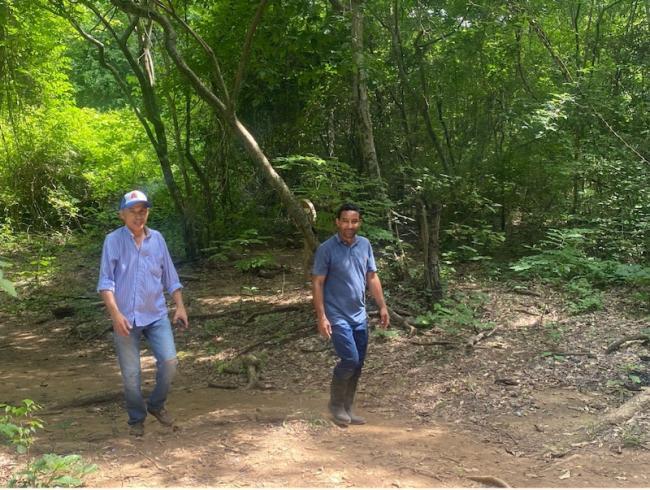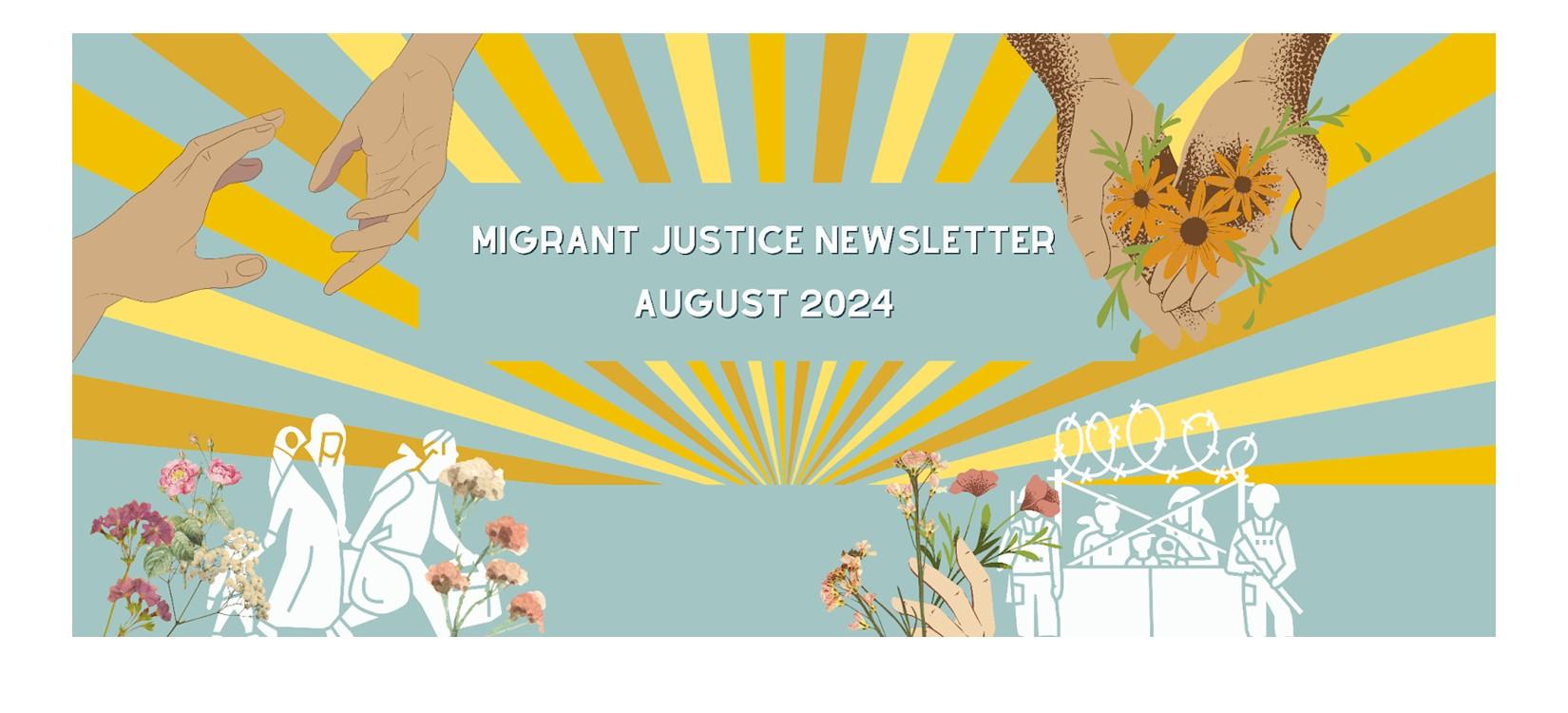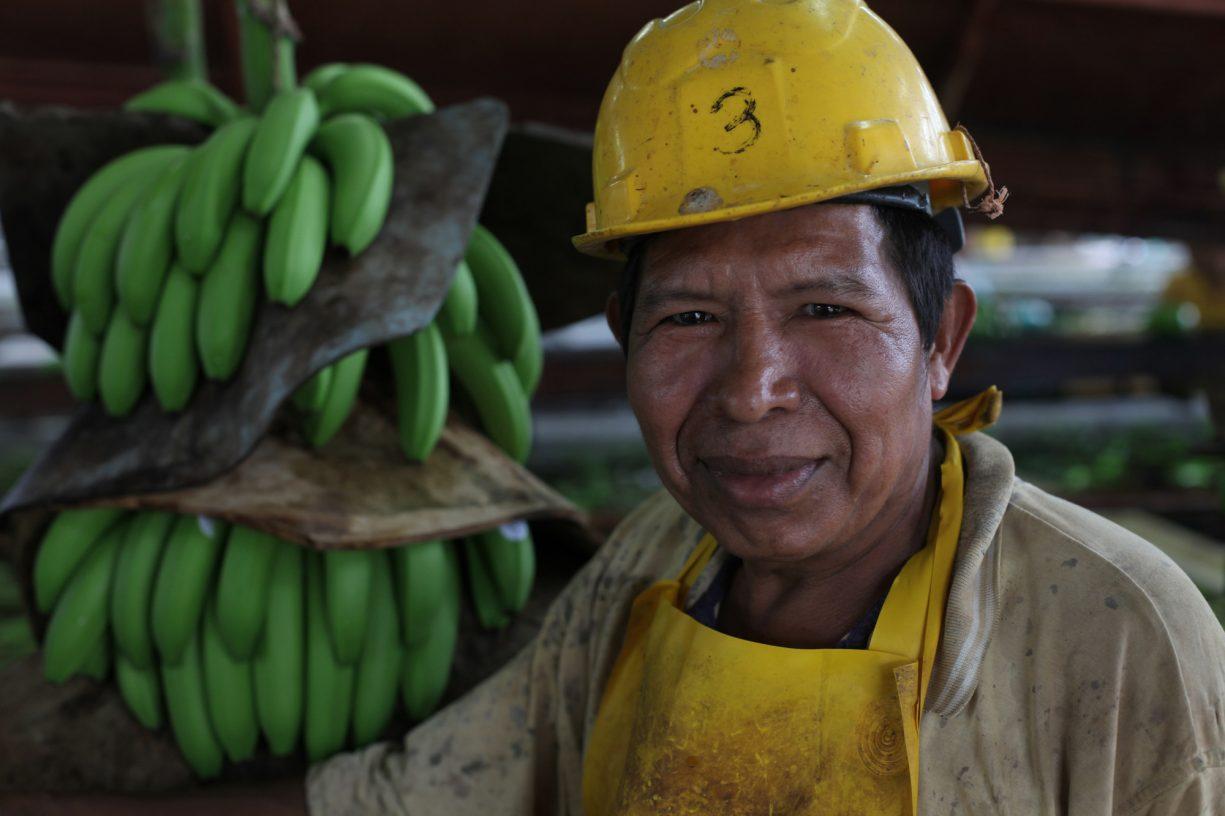The article by Efren Lemus in El Faro on August 19, 2024, highlights severe issues within El Salvador's Bureau of Prisons under the state of exception. It documents cases where court-ordered releases were ignored, leading to deaths and continued unjust detainment. Families like that of Luis Armando Rodríguez faced repeated bureaucratic obstacles after his release was ordered, ultimately resulting in his death in prison. The Bureau of Prisons, accused of crimes and secrecy, has failed to comply with court orders, perpetuating a pattern of human rights abuses and institutional impunity despite international scrutiny.
- Home
- About Us
- Issues
- Countries
- Rapid Response Network
- Young Adults
- Get Involved
- Calendar
- Donate
- Blog



